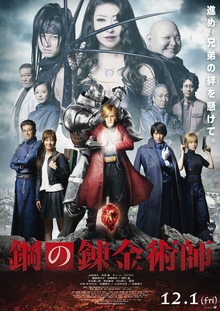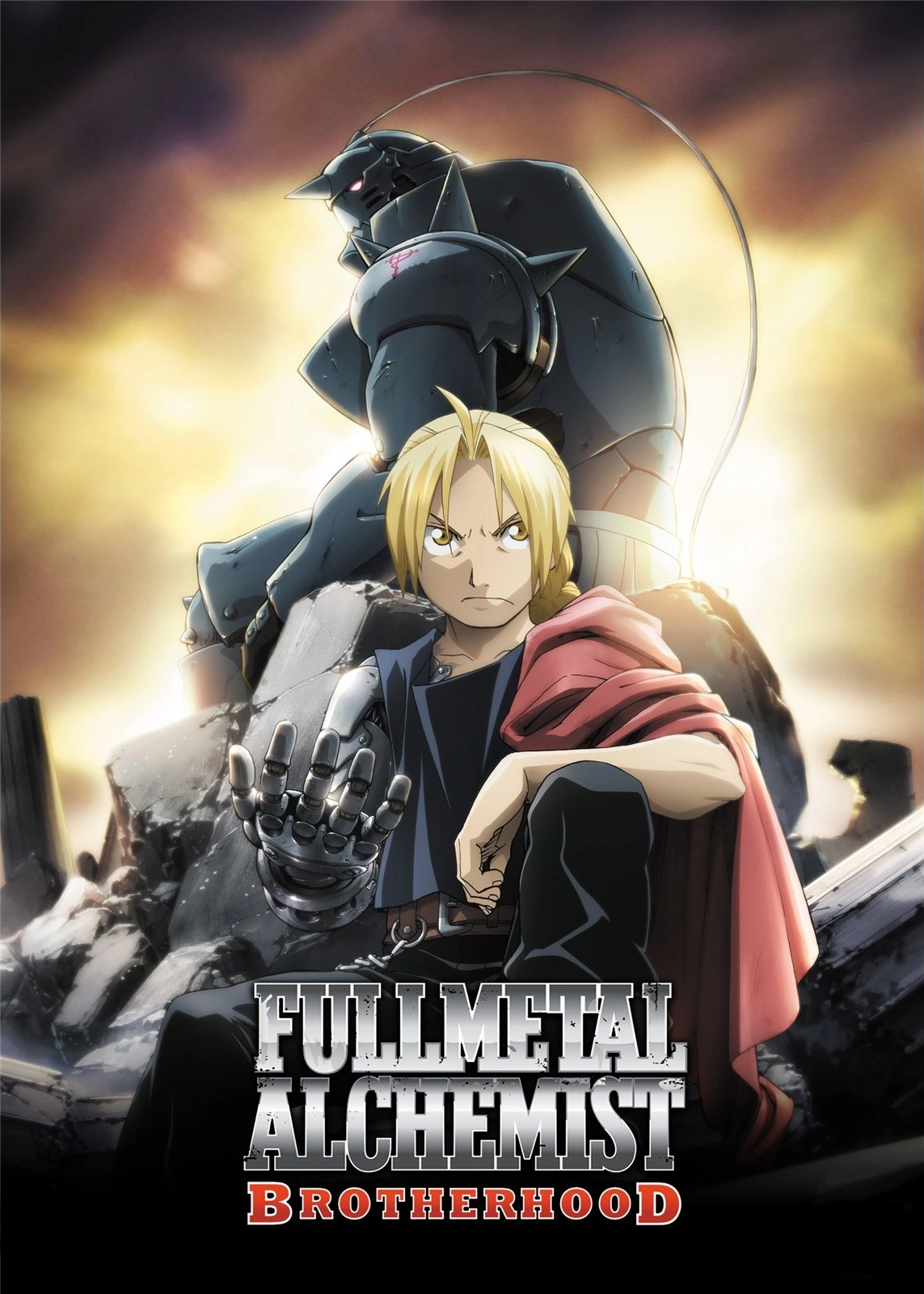As a minor spoiler, the title sequence also contains some events in Christopher Robin's life that mirrored his actual counterpart, such as being sent to boarding school and serving in World War II afterwards, in addition to distancing himself from his plush animal friends. However, instead of resenting his father like what actually happened, the film takes an approach similar to the Robin Williams movie, Hook. Christopher Robin simply grows up, leaving the remnants of his childhood behind. Surprisingly, the beginning of the film portrays him similar to that of A. A. Milne himself, albeit to a lesser extent (this is a Disney film, after all). However, when Pooh and the gang re-enter his life, he slowly begins to rediscover his inner child and slowly begins to share his former life with his wife and daughter. Ewan McGregor once again nails his role as the title character, just as he did as he did with Obi-Wan Kenobi and Lumiere (has there ever been a bad role of his?). As mentioned previously, I found myself relating to this version of the character like I did in Goodbye; I am a total workaholic, and at times I have made decisions that involved choosing work over family and friends. After seeing this film, I have decided that when I am back in my hometown after graduating from college, I am going to spend more time with them and make up for any time that was lost. While it is alright to have a stable career and a dream to work for, one must never forget their loved ones, because the person could almost push them away in the process. I believe that if Christopher Robin never reunited with Pooh, he would have slowly lost everything that he held dear to him.
Overall, I would highly implore each and every one of you reading this post to see this movie! It is heartfelt, it brings on so many feelings, and its message is absolutely fantastic! You do not need to be a fan of Winnie the Pooh to enjoy it, it is a movie that is definitely for everyone; it will definitely resonate with you.





